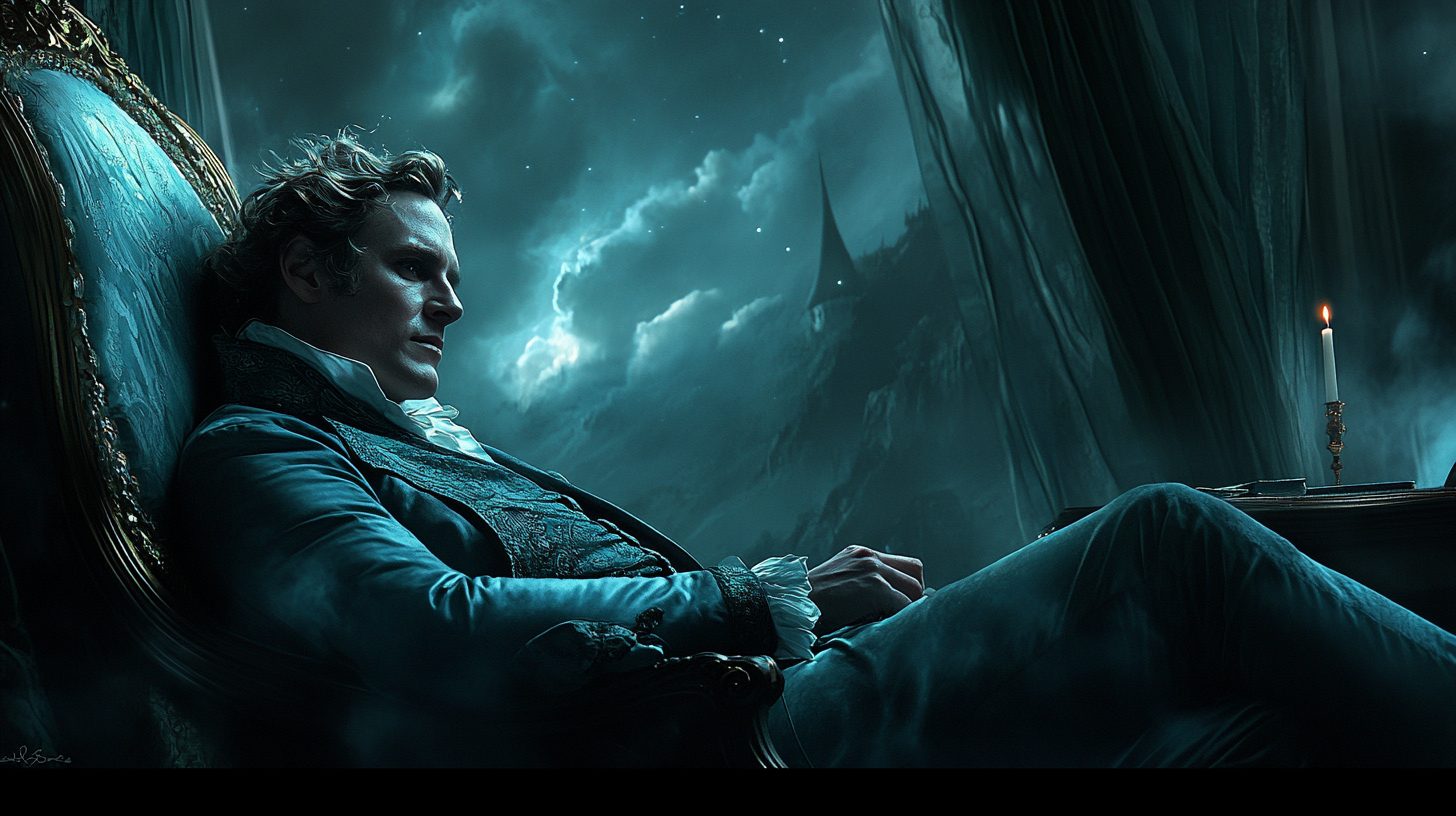The Genius of Johann Wolfgang von Goethe: A Life in Words and Wisdom
Johann Wolfgang von Goethe, born on August 28, 1749, in Frankfurt, Germany, is considered one of the most influential literary figures in Western history. A polymath whose works spanned across various fields, Goethe’s legacy continues to shape literature, science, and philosophy. From his early works in poetry to his later contributions to science and the arts, Johann Wolfgang von Goethe’s life and genius were characterized by an unrelenting curiosity and a drive to understand the world around him.
The Early Life and Literary Beginnings
Born into a well-off family, Goethe’s early years were filled with education and intellectual stimulation. His father, a lawyer, was strict, while his mother provided him with a more nurturing environment. This balance likely helped shape Goethe’s diverse intellectual interests. He attended university in Leipzig, studying law, but his passion for literature, poetry, and the arts quickly overshadowed his legal studies. His early literary works, including Götz von Berlichingen and The Sorrows of Young Werther, established him as a rising star in German literature. The latter, in particular, caused a sensation across Europe, with its exploration of emotional intensity and youthful idealism, making Goethe a household name.
The Masterpiece: Faust
While Goethe’s early works captured the emotional struggles of youth, it was his later work that would secure his place in the literary canon. Faust, his most famous and ambitious work, was the result of decades of effort. The play, which was published in two parts, tells the story of a man, Faust, who sells his soul to the devil in exchange for unlimited knowledge and worldly pleasures. The themes of ambition, temptation, and the search for meaning in life are universal, and Faust is often considered one of the greatest works of world literature. The complexity of its characters and its philosophical depth ensure that Johann Wolfgang von Goethe’s Faust continues to be studied and admired to this day.
A Polymath of Remarkable Talent
While Johann Wolfgang von Goethe is best known for his literary accomplishments, his intellectual curiosity extended well beyond the written word. He was deeply engaged in the sciences, particularly in the areas of color theory, biology, and geology. In 1810, Goethe published his theory of color, which challenged the prevailing Newtonian understanding of color. Although his theories on color were later largely rejected by the scientific community, they inspired later thinkers and influenced fields as varied as art and psychology.
Goethe’s fascination with nature also led him to study plants, and he made important contributions to the field of morphology, which is the study of the form and structure of organisms. His work in this field led to the discovery of the “Goethean plant,” a concept that explored the development of plant forms as they evolved. His holistic approach to science emphasized the importance of observation and experience over abstract theories, positioning him as a thinker ahead of his time.

Goethe’s Philosophical Views and Influence
Johann Wolfgang von Goethe’s philosophical views were shaped by his lifetime of intellectual exploration. He was influenced by German Idealism, particularly the works of Immanuel Kant and Friedrich Schiller. His philosophy emphasized the interconnectedness of nature, art, and human experience, often blurring the lines between them. In his Theory of Colors and Metamorphosis of Plants, Goethe explored the deeper, almost mystical connections between the natural world and human perception. He was fascinated by the idea of human creativity and how it could interact with the surrounding world.
Goethe’s philosophy also manifested in his views on personal growth and transformation. His own life was marked by constant self-exploration and change. Whether it was his development as a writer, scientist, or philosopher, Goethe sought understanding and fulfillment in every aspect of his life. This quest for self-realization resonated with many of the Romantic thinkers who followed him, influencing figures like Friedrich Nietzsche and even Carl Jung.
Johann Wolfgang von Goethe’s IQ and Intellectual Legacy
It’s difficult to assess Johann Wolfgang von Goethe’s IQ directly, given the era in which he lived, but contemporary scholars often speculate that his intellectual capacity was extraordinary. With his ability to excel in multiple fields, from literature to science, and his unparalleled creativity, it’s not unreasonable to imagine that his IQ surpassed 200. His works reflect a depth of insight and a breadth of knowledge that few have ever matched.
The intellectual legacy of Johann Wolfgang von Goethe cannot be overstated. His impact on literature is immense, not just in the German-speaking world but also across Europe and the Americas. His exploration of human nature and the complexities of the human condition remains timeless. Likewise, his contributions to science, particularly in color theory and plant morphology, influenced later developments in fields like psychology and organic chemistry.

Interesting Facts About Goethe
- Goethe was a close friend of Friedrich Schiller, one of Germany’s other great literary figures. Their correspondence and collaboration are famous in the history of German literature.
- He lived to the age of 82, passing away on March 22, 1832, in Weimar, Germany. Despite his many accomplishments, Goethe remained humble about his achievements.
- Johann Wolfgang von Goethe was also a politician, serving in various roles in Weimar’s government, where he was involved in the arts, education, and science.
- His love for nature extended beyond scientific study. He enjoyed long walks and even had a secret garden where he would reflect on his works and ideas.
Conclusion
Johann Wolfgang von Goethe’s life was one of intellectual curiosity, creative genius, and a relentless pursuit of understanding. His contributions to literature, science, and philosophy make him one of the most significant figures in history. Today, Johann Wolfgang von Goethe’s works continue to inspire generations of readers, thinkers, and artists. His unique ability to blend art with science, emotion with intellect, remains a model for the pursuit of knowledge and self-realization. His legacy endures, reminding us that the exploration of the mind, the world, and the self is an ongoing journey—one that is never complete.
Johann Wolfgang von Goethe was a genius of the ages. How close are you to the brilliance of history’s greatest minds? Take our IQ test and find out today!

